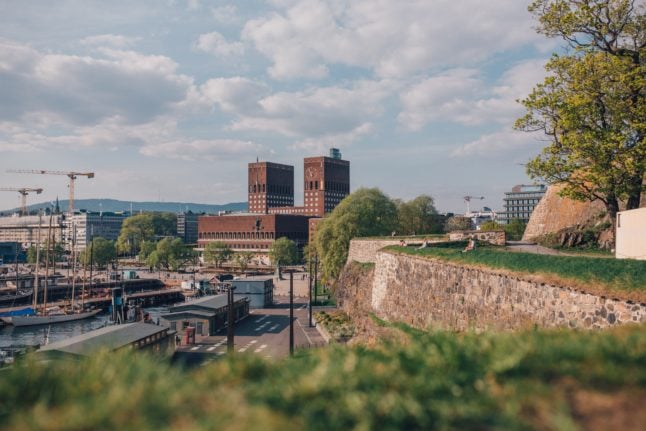The proposal aims to place restrictions on the users of services providing online credit reports on individuals. Those who want credit information this way must have a “legitimate need for information” under the government’s Council on Legislation’s (Lagråd) changes.
In the future, the person whose information is being sought must also be informed about what has been disclosed. According to Ask, the changes will protect individuals privacy better than current means.
One consequence of the law is that it would be harder for journalists to investigate the finances of public figures such as politicians, newspaper Dagens Nyheter reported.
Social Democrat Thomas Bodström, a former justice minister, has been very critical of the proposal. He told Expressen that the new law, by extension, implies “a breeding ground for corruption.”
“The Moderates do not want to disclose contributions to political parties and now they do not want us to investigate individuals,” Bodström told Expressen. “To further limit transparency is deeply unfortunate. There is nothing better than transparency against corruption.”
The case will now proceed to the finance committee, which also has a centre-right majority. Sweden’s parliament, the Riksdag, will debate and vote on the issue in June.
The right-wing majority in the constitutional committee would like to delay the change so that it begins at year-end, instead of as scheduled in August.


 Please whitelist us to continue reading.
Please whitelist us to continue reading.
Member comments